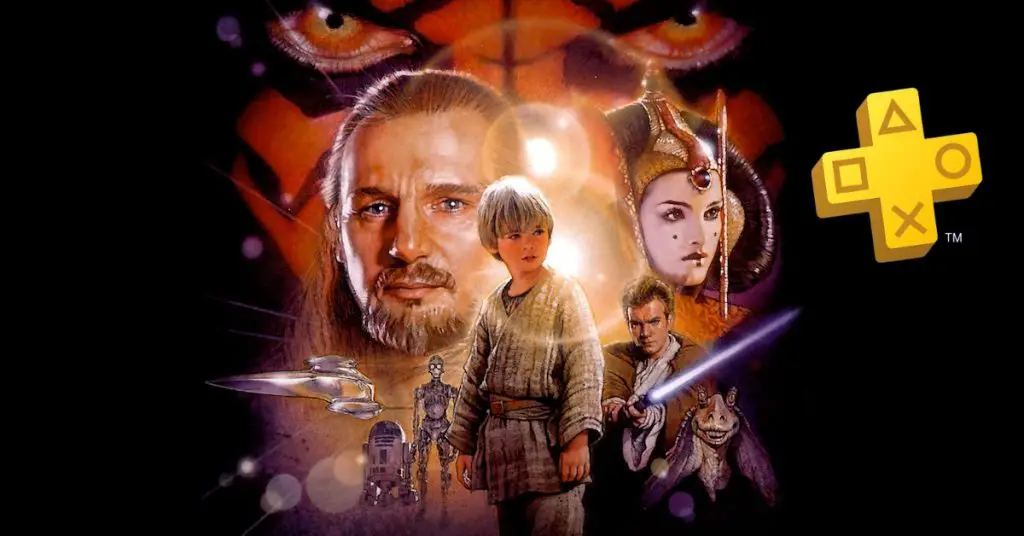Suicide Squad: Kill the Justice League – A Smart Shift Towards Storytelling

The gaming world has been abuzz with anticipation for “Suicide Squad: Kill the Justice League,” a game developed by Rocksteady Studios. Recent developments, including the game’s delay to 2024 and its evolving live-service approach, have stirred up discussions and concerns among fans and gamers. However, Rocksteady is taking a strategic approach to address these concerns, as revealed in their recent marketing efforts. In this article, we will delve deeper into Rocksteady’s pivot towards storytelling and its significance for the game’s future.


